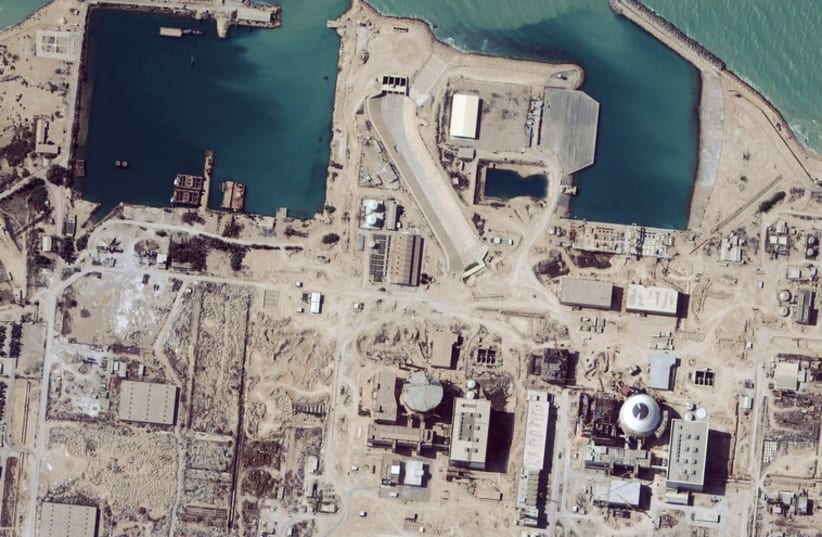US official: Iran nuclear deal not limited to decade, aspects will continue ‘indefinitely’
In telephone briefing with Israeli journalists, US official says sides working hard to reach political understandings by the end of March, but “we are not in a rush."
